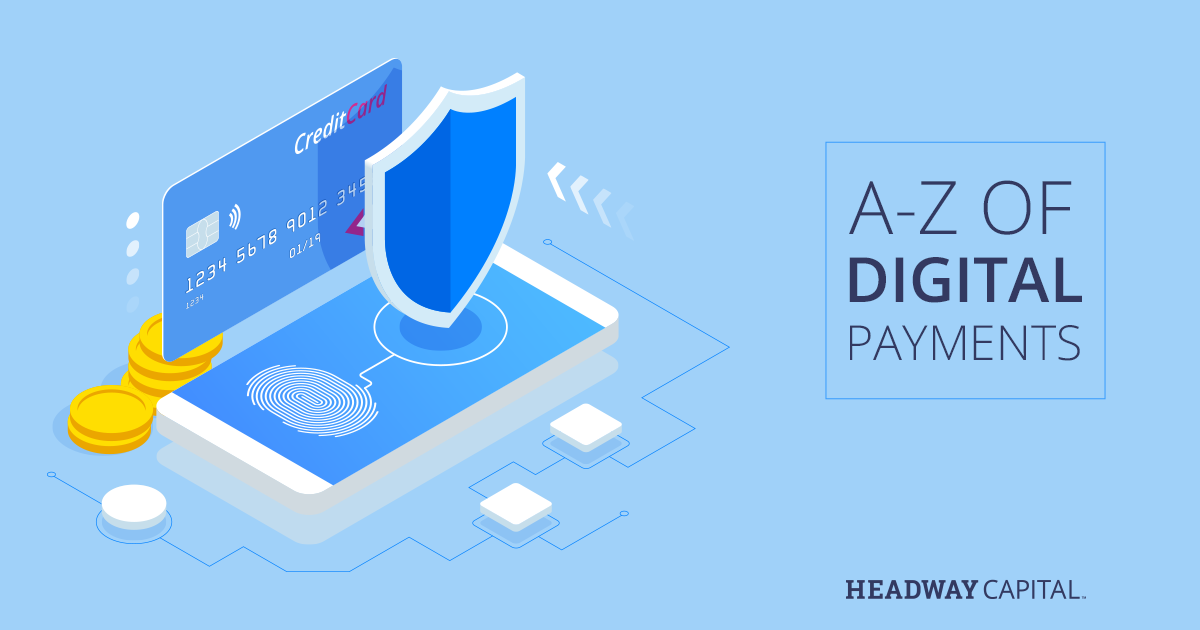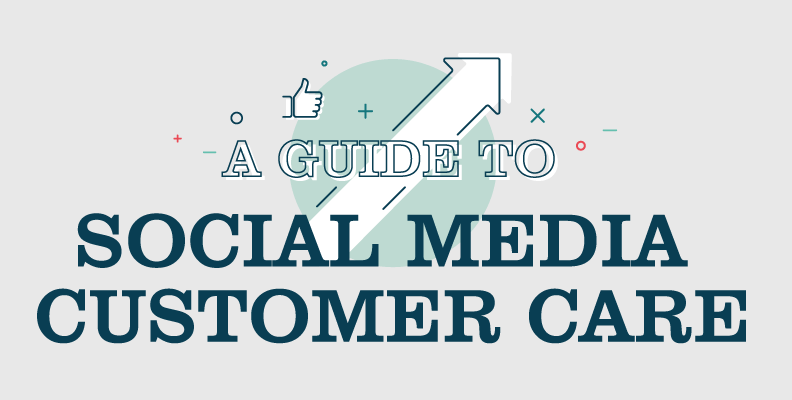6 Ways to Reduce Your Debt as an Entrepreneur
If you own a business or are considering leaving your current job to pursue your entrepreneurial dreams, it’s important to have a handle on your personal financial situation. Owning a business is not an easy pursuit and finances are often the main source of stress and concern for many entrepreneurs. If you are facing any type of cash flow issues, there are steps you can take that will dramatically reduce your financial strain and help guide you on a path towards a fiscally stable and successful business.
1. Create A Plan
Strategizing is going to be worth your while if you want to better understand your financial state or improve your current situation. Once you’re in debt, it’s very hard to fully recover and get ahead. That is why planning should start well before you’re thinking about becoming an entrepreneur. You want to make sure that you have a set plan that acts as a backbone for your budget, otherwise, you’re running the risk of failure in the early stages of the process. If you’re thinking about applying for any type of loan, you may want to ensure that you can pay it back quickly in full so that it accrues the least amount of interest over that time. If this doesn’t sound attainable, don’t be afraid to approach the situation with help from startup incubators or another fundraising opportunity.
2. Stick to a Budget
Don’t purchase things you cannot afford. All purchases you make as an entrepreneur should be completely necessary and well-researched to make sure you’re getting the best discounts and rates out there. Track all of your spending; this means even the small purchases. Consider using a mobile banking app without any additional fees that will help you manage your money every time you make purchases. This is a convenient way to keep your spending in check as you will always know what’s in your account, as well as what money is already allocated towards expenses for that month.
3. Be Aware of Your Personal Finances
One way to avoid additional strain is to keep your business finances separate from your personal expenses. It’s important that you’re not dipping into various personal savings accounts as you cannot guarantee the time it will take for your business to earn that money back. Also, there is an advantage to maintaining business accounts for tax purposes, writing off expenses, and deductions. Legally, these are considered separate entities and logically they should stay in their separate streamline to receive the most benefit. Don’t forget to pay yourself either. This is often overlooked by entrepreneurs and might be easy to do starting out, but upon expansion, it’s important that your money is organized and accounted for.
4. Consolidate If Possible
Credit card debt and high-interest rates are doing your business finances no favors. According to a survey on American credit card debt, 41.2% of all households carry some sort of credit card debt. That is a pretty astounding, yet not surprising percentage. Unfortunately, people are not typically in debt for a short period of time. Instead, this debt often builds and slowly becomes a lifelong issue due to interest rates and unexpected life situations that occur. It’s important to determine if consolidating your debt could help you reorganize and create a manageable payment structure moving forward as an entrepreneur.
5. Create Supplemental Income Streams
Instead of putting all your eggs in one basket, you might want supplemental income opportunities to help ease your debt burden. Having some additional income that you can put directly towards your business expenses might help you feel more relaxed and therefore motivated to continue on this path. Determine if the benefits of having some type of alternative money stream will serve you and be worth the additional time and effort. Consider your strengths and interests and find a side hustle that might pique your interest. Utilize your network, ask those you’re connected with for business opportunities or if they can connect you with someone else.
6. Look for Ways Save
Even when you’re debt-free, you should always be thinking of new ways to save money without making life-altering changes. Small, daily actions like paying attention to how much you spend on gas, groceries, and entertainment can help reduce your monthly spend. Make sure your utilities and appliances are operating at peak levels and not costing you more than their worth. Keep an eye on the market and recognize if your mortgage or rent is more than you can afford.
If you’re an entrepreneur facing financial trouble, it’s not too late to get your feet back on the ground and grow your business to its full potential. Debt relief and prevention require you to take matters into your own hands and realize your financial responsibility for your business growth or failure. With the appropriate attention, budget adjustments and actionable changes, you can set your business up to thrive in a competitive market that can lead to great rewards.






